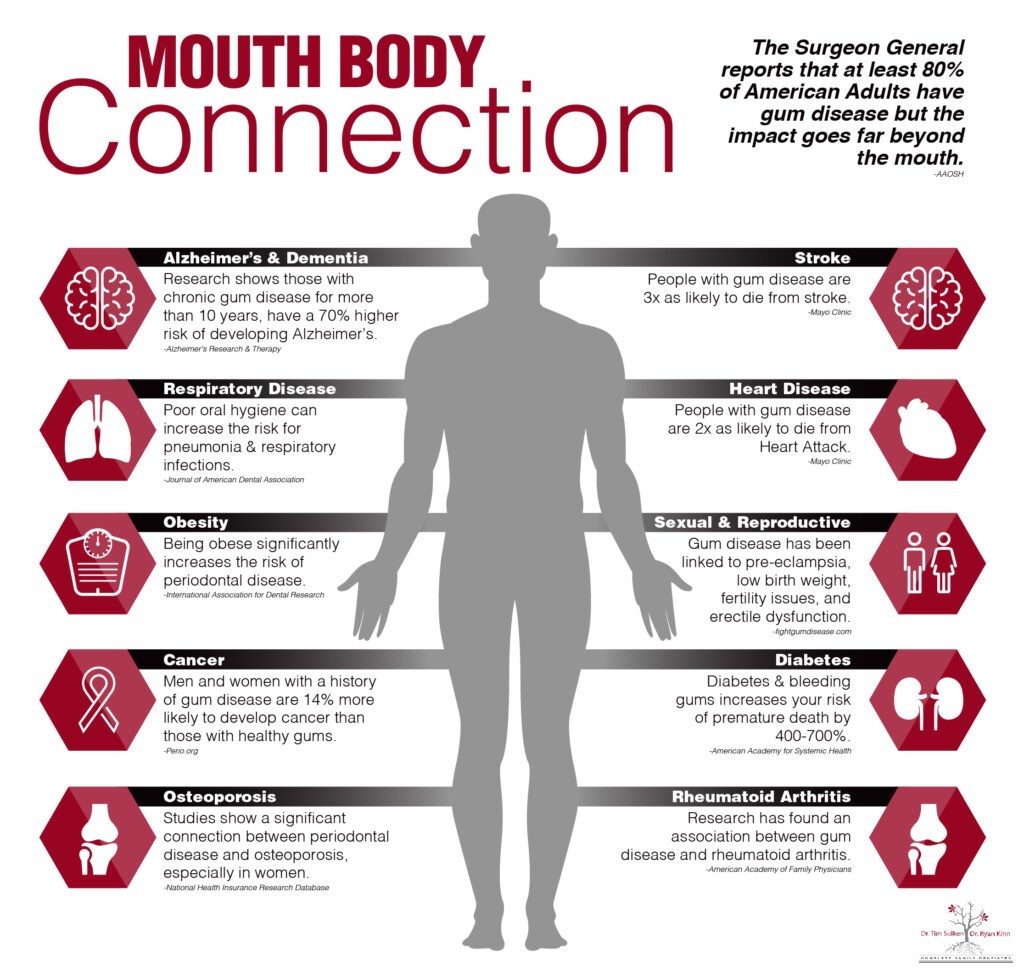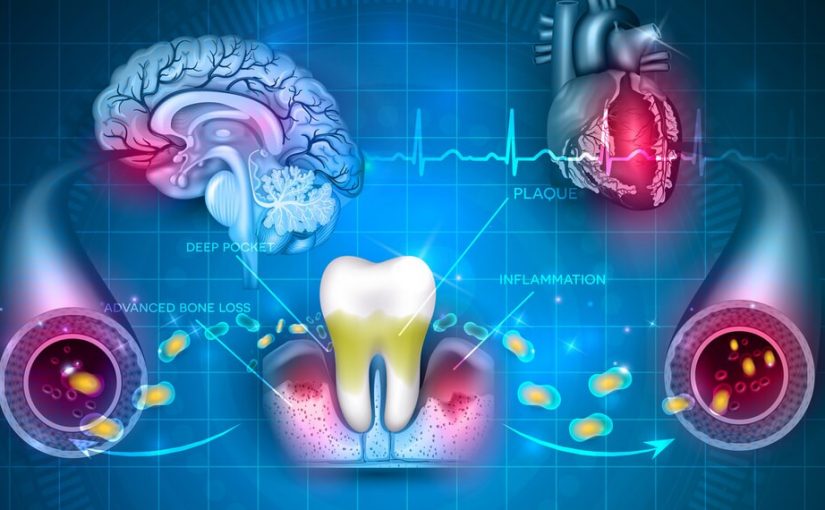An interview with Dr Amit Dias
On the occasion of World Oral Health Day, observed on March 20, Goan Observer asked Dr Amit Dias to share some insights on the mouth-body connection. He emphasized that the mouth serves as more than just a vessel for our smiles. He says, “The mouth is the gateway to our body’s holistic health. A happy mouth is a happy body!”
Read and share this interview to raise awareness on the mouth-body connection.
Goan Observer: The theme this year is “A happy mouth is a happy body,” could you explain why they say so?
Dr Amit Dias: The mouth is the gateway to our body’s overall health. Maintaining good oral hygiene isn’t just about having a bright smile; it’s about preventing various systemic diseases. A healthy mouth can significantly contribute to a healthy body, reducing the risk of conditions like heart disease, diabetes and respiratory illnesses.
Q: what are the systemic health issues that can be result from poor mouth hygiene?
A: Oral hygiene plays a crucial role in overall health, and there is a significant connection between oral health and various systemic diseases. Here’s an overview of how oral hygiene affects the rest of the body, along with scientific references from medical journals to support the information:
Alzheimer’s Disease: POOR oral hygiene has been linked to an increased risk of Alzheimer’s disease. Research suggests that the bacteria associated with gum disease may contribute to the development of Alzheimer’s by triggering an immune response that leads to inflammation in the brain.
Respiratory Disease: ORAL bacteria can be aspirated into the lungs, leading to respiratory infections such as pneumonia. Poor oral hygiene has been associated with an increased risk of respiratory diseases, particularly in vulnerable populations such as the elderly and hospitalized patients.
Heart Disease: CHRONIC gum disease has been linked to an increased risk of cardiovascular diseases such as heart attack and stroke. The bacteria and inflammation associated with gum disease can contribute to the development and progression of atherosclerosis.
Diabetes: POOR oral health can worsen diabetes control, and uncontrolled diabetes can lead to gum disease. There is a bidirectional relationship between diabetes and periodontal disease, where each condition can exacerbate the other.
Hypertension: PERIDONTAL disease has been associated with hypertension, possibly due to the systemic inflammation and endothelial dysfunction caused by oral bacteria. Treating gum disease may help in managing blood pressure.
Stress: POOR oral health can contribute to stress, and stress can exacerbate oral health problems such as bruxism (teeth grinding) and temporomandibular joint disorders.
Overall, maintaining good oral hygiene is essential for preventing not only dental problems but also reducing the risk of various systemic diseases. Regular dental check-ups and proper oral care routines are vital components of overall health maintenance.
Q: How can individuals maintain optimal oral hygiene?
A: Excellent oral hygiene begins with simple daily habits. Brushing your teeth at least twice a day with fluoride toothpaste is essential. It’s recommended to use a toothpaste containing fluoride as it helps prevent tooth decay by strengthening enamel.
Q: What type of toothbrush and bristles do you recommend?
A: The type of toothbrush depends on personal preference, but a soft-bristled brush is generally recommended. Soft bristles are gentle on the gums and teeth while effectively removing plaque and debris. Electric toothbrushes can also be beneficial, especially for those with limited dexterity.

Q: What are some common oral health challenges faced by the elderly?
A: As individuals age, they become more susceptible to oral health issues such as tooth decay, gum disease, dry mouth, and oral cancer. Regular dental check-ups and good oral hygiene practices are vital for preventing these problems. There are a lot of new and advanced interventions that can restore the teeth and help them with chewing and articulation.
Q: Could you highlight the importance of flossing in oral hygiene?
A: Flossing is often overlooked but is equally crucial as brushing. It effectively removes plaque and food particles from between teeth and along the gum line, areas where toothbrushes may not reach adequately. Flossing can prevent gum disease, cavities, and bad breath.
Q: What are some oral health problems, and how can they be prevented?
A: Common oral health issues include tooth decay, gum disease, bad breath, and oral cancer. These can be prevented by maintaining good oral hygiene habits such as daily brushing and flossing, avoiding sugary foods and drinks, and scheduling regular dental check-ups and cleanings.
Q: How can individuals address halitosis (bad breath)?
A: Halitosis may stem from poor oral hygiene, dry mouth, dietary factors, or underlying health conditions. To combat bad breath, individuals should maintain regular oral hygiene practices, stay hydrated, and avoid foods that contribute to halitosis. Consulting a dentist is advisable if the issue persists.
Q: What message would you like to convey on World Oral Health Day?
A: My message is clear: prioritize oral health. Beyond aesthetics, it’s integral to overall health and happiness. Embrace daily oral hygiene practices, attend regular dental check-ups and remember that a healthy mouth is the cornerstone of a vibrant body.

